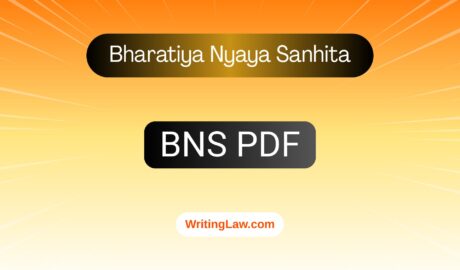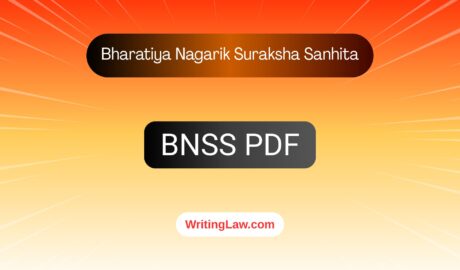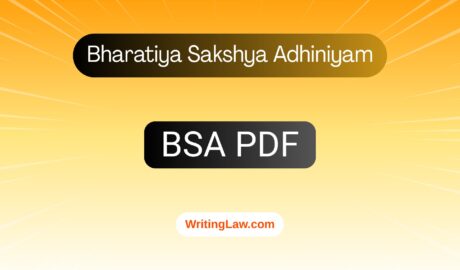Section 295 CrPC
295. Affidavit in proof of conduct of public servants. When any application is made to any Court in the course of any inquiry, trial or other proceeding under this Code, and allegations are made therein respecting any public servant, the applicant may give evidence of the facts alleged in theRead…








